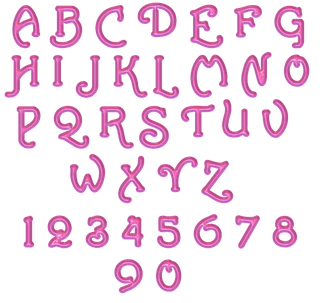A
Dave: Have you traveled a lot, Jane?
Jane: Yes, I’ve been to lots of places.
Dave: Really? Have you ever been to China?
Jane: Yes, I’ve been to China twice.
Dave: What about India?
Jane: No, I haven’t been to India.
Jane's life ---------->|
(a period until now) |
|
-----------------------------+---
past now
Have / has + traveled / been / done, etc…, (past participle) is the present perfect:
The past participle often ends in -ed (traveled / decided, etc.), but many important verbs are irregular (been / done / written, etc.).
For a list of irregular verbs, see Appendix 1.
B
We use the present perfect when we talk about a period of time that continues from the past until now.
In the conversation in A, Dave and Jane are talking about the places Jane has visited in her life – which is a period that continues until now.
Some more examples:
Have you ever eaten caviar? (in your live)
We’ve never had a car.
“Have you read Hamlet?” “No, I haven’t read any of Shakespeare’s plays.”
Susan really loves that movies. She’s seen it eight times!
What a boring movie! It’s the most boring movie I’ve ever seen.
C
In the following example, too, the speakers are talking about a period that continues until now (recently / in the last few days / so far / since breakfast, etc.).
Have you heard from Brian recently?
I’ve met a lot of people im the last few days.
Everything is going well. We haven’t had any problems fo far.
I’m hungry. I haven’t eaten anything since breakfast.
It’s nice to see you again. We haven’t seen each other for a long time.
|
---------- recently ----------> |
----- in the last few days ---> |
------- since breakfast ------> |
|
--------------------------------+----------
past now
D
We use the present perfect with today / this morning / the year, etc. , when these periods are not finished at the time of speaking.
I’ve drunk for cups of coffee today.
Have you had a vacation this year (yet)?
I haven’t seen Tom this morning. Have you?
Rob hasn’t studied very hard this semester.
|
------------- today ----------> |
|
--------------------------------+----------
past now
E
We say: It’s the (first) time something has happened. For example:
Don is taking a driving lesson.



コメント